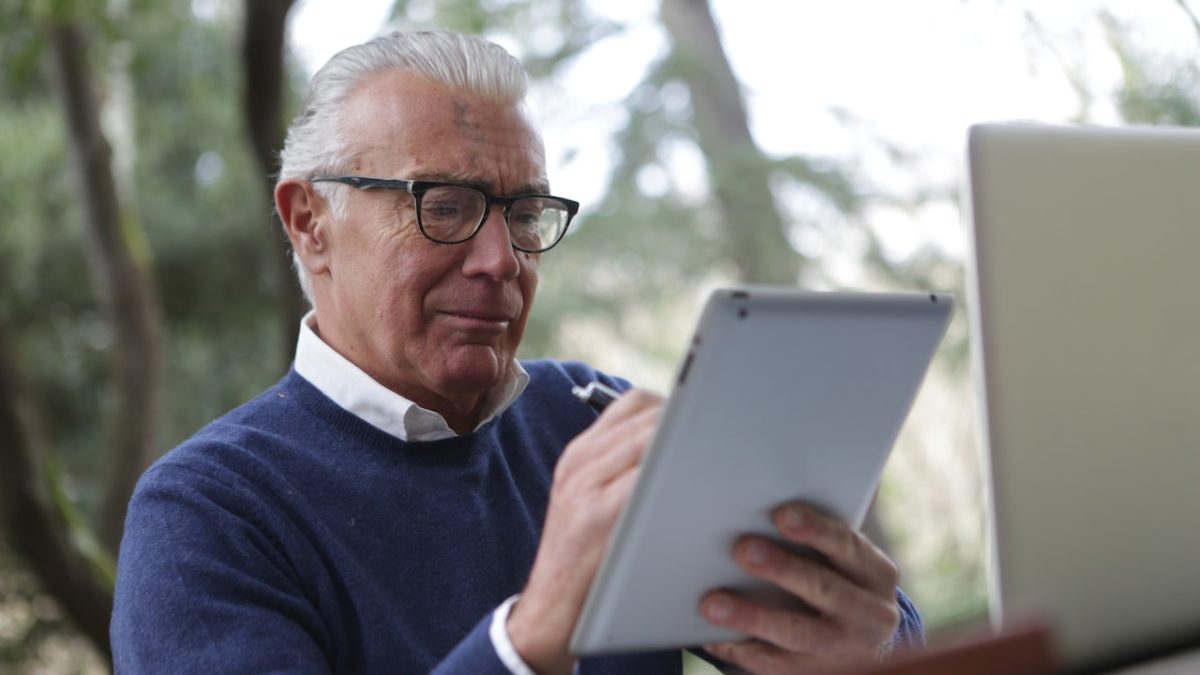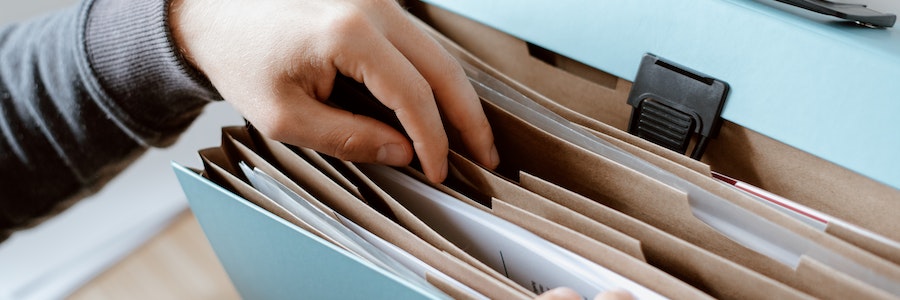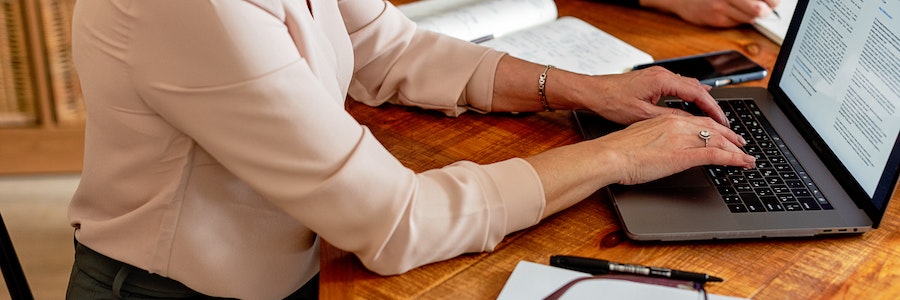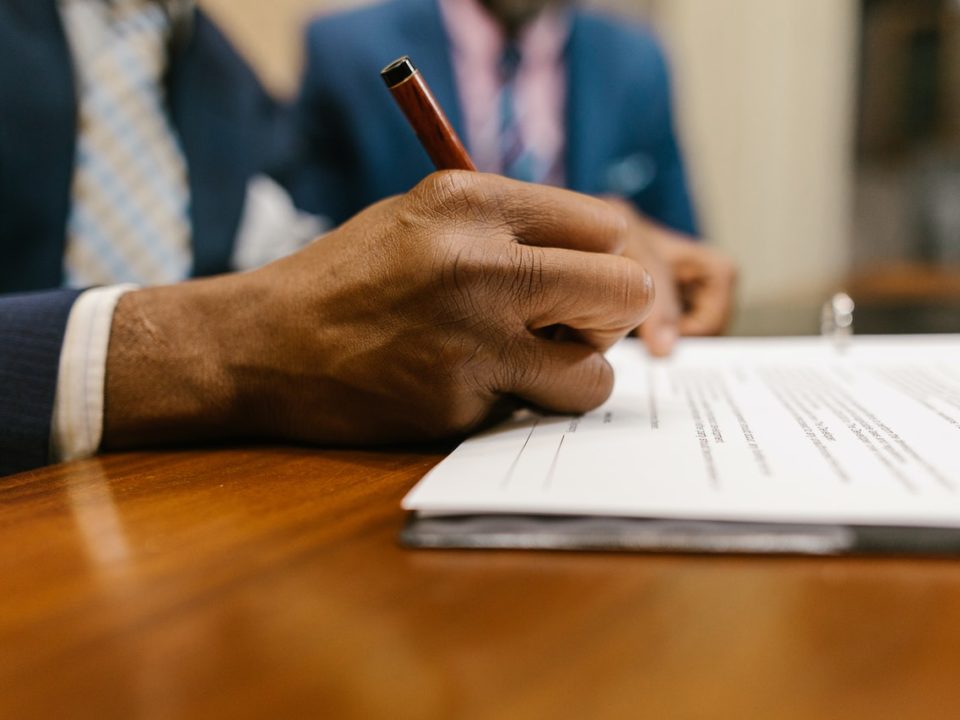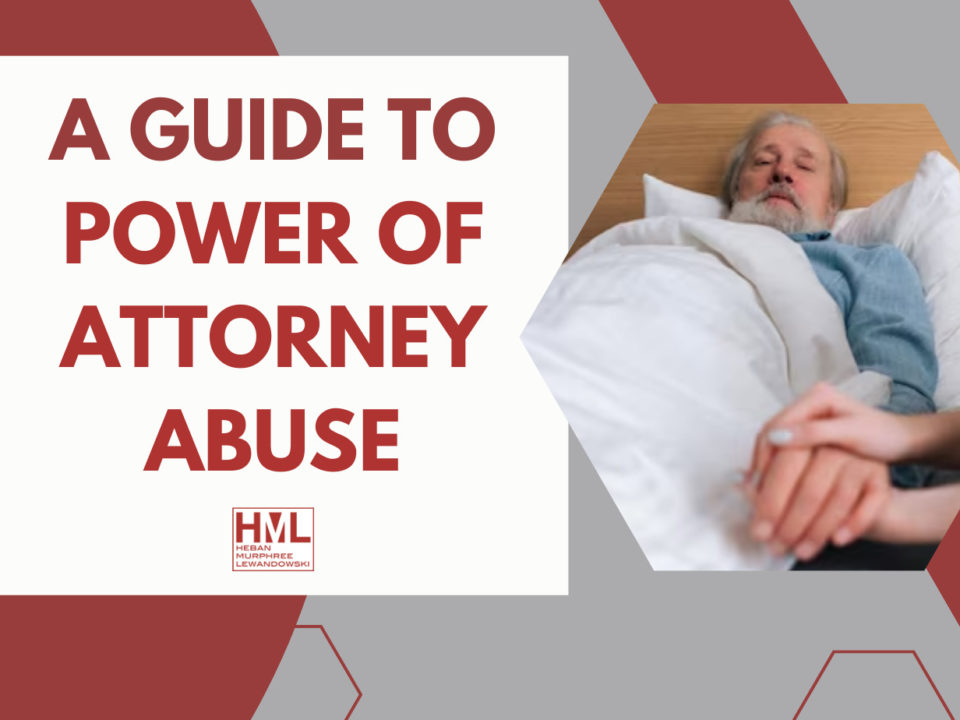- EXPERIENCED LAW FIRM IN TOLEDO, OH
- (419) 662-3100
What Should Be In A Death Folder?

Financial Planning vs. Estate Planning: What’s the Difference?
October 2, 2022
What Assets Are Subject to Probate in Ohio?
October 24, 2022“When I Die Folder” 101
One’s own passing isn’t a subject many feel comfortable contemplating and planning for. On the other hand, planning can greatly assist your loved ones should you pass—especially if you pass suddenly and unexpectedly. Furthermore, thoughtful planning will ensure your survivors won’t feel a lot of extra burdens when sorting out your affairs.
That’s where an “in case of death folder” becomes an essential tool to help relieve some of the stress on your loved ones after you’re gone.
How an ‘In Case of Death Folder’ Helps
An ‘in case of death’ folder is sometimes shortened to ‘death folder’ and can be a binder, accordion file, or document box. Essentially, it needs to be a single, easily-accessible holder for important documents. If you use an actual folder, it’s recommended you use one with pockets to help keep papers together.
Consider the death folder an essential tool to help you organize and keep all of your most important files and documents in one place. These include your will, power of attorney, health care proxy, and any life insurance policies. They also include bank and other financial records, account information (utilities, subscription services, etc.), and passwords.
The death folder is meant to serve as an additional layer of planning for your loved ones in the event of your passing. Because your loved ones will probably be experiencing a difficult time, this folder simplifies handling your affairs. Your survivors will have all the information they require to organize your finances and estate-planning wishes in a single place.
Planning a Death Folder
It’s a good idea to be as organized as possible throughout the process, especially in the beginning, since it will probably take a few weeks to collect everything.
Decide how you will first arrange your files or binder. Most people keep a physical binder or folder with their files in it, but it’s also not unusual to save files in a digital folder. Both systems are fine, but make sure someone trustworthy has your login info. It can be a good idea to start with a paper file and then make digital copies when applicable. Those digital copies will be helpful if your survivors need to email any documentation.
The next step will be to make a checklist. This should list every important document and piece of knowledge you must gather together to get your folder underway. Here are some examples of the kinds of documents you might want in your death folder:
- Will
- A living trust, if applicable
- Power of attorney, if applicable
- Life insurance policy
- Account and device passwords
- Bank and credit card accounts
- Loan documents
- Automobile titles
- Property deeds
- Birth certificate
- Marriage license, if applicable
- Copies of keys to automobiles, property, safe deposit boxes, etc. These can be taped to full-sized sheets of paper with a written description of what they open.
Staying Organized
If you’re using a physical folder or binder, list each section (financial, health, utilities, etc.) in the table of contents and use divider tabs to make it easier to find everything.
If creating a digital death folder, organization is still essential. Ensure that each file has a descriptive name. If there are many files, place similar files into specially-named folders inside the main folder. Include a text file describing the overall contents and where to find specific information.
Keep your physical copy in a safe place that is only accessible to those who will require the information in the event of your death or an emergency. If using a digital file, exercise caution when choosing where to save it. Although cloud services are practical, they can be vulnerable to hacking. Consider saving your electronic files to one or more external hard drives, and remember to give the people who will need it access to it.
Finally, make a note in your calendar to update your death folder each year or after any significant life events. Out-of-date information helps no one.
Let Someone Know
A death folder is only helpful if someone knows it exists. Make sure you give detailed instructions to your loved ones on how to access these files—both physically and electronically.
It can be an uncomfortable conversation to have with a loved one. Inform them that this is an essential part of the estate planning process and that you want to be sure you’re prepared ahead of time. You might even remind them of an instance when another relative failed to keep a death folder and all the trouble people went through in handling the estate afterward.
It’s common to grant access to a death folder to certain loved ones, but it’s also a good idea to give a copy to a family lawyer or financial planner if possible. Even if they end up not having much to do with the estate, an impartial and trusted third party having a copy can be useful.
Essential Planning
It can be unpleasant to bring up death with your loved ones. However, if you take the necessary action now to organize your estate and make future plans, it may be possible to make a difficult time a little bit easier.
If you have more questions about creating a death folder, estate planning, probate, wills, or trusts, the experts at Heban, Murphree & Lewandowski, LLC are standing by, ready to help. 419.662.3100



